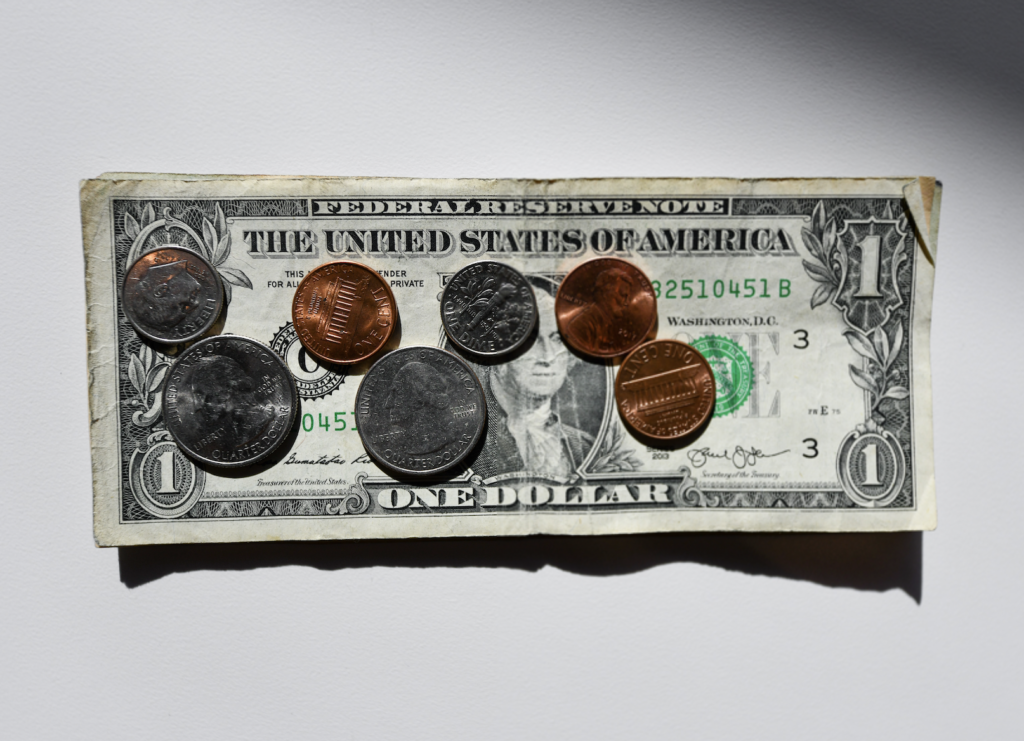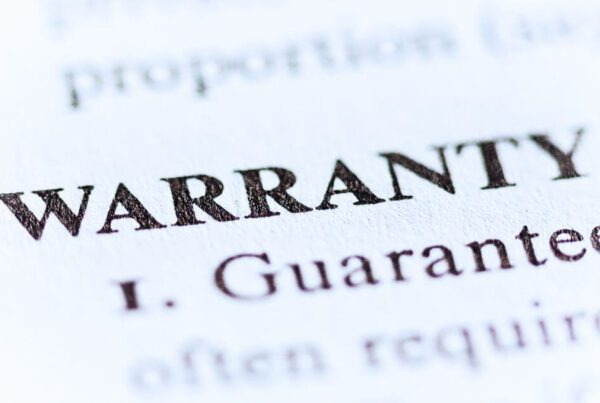 The Fair Debt Collection Practices Act (FDCPA) is a federal law that was passed in 1977 with the purpose of eliminating abusive debt collection practices by debt collectors.[1] Under this law, debtors can bring civil lawsuits against debt collectors who intentionally engage in any of the prohibited practices.[2]
The Fair Debt Collection Practices Act (FDCPA) is a federal law that was passed in 1977 with the purpose of eliminating abusive debt collection practices by debt collectors.[1] Under this law, debtors can bring civil lawsuits against debt collectors who intentionally engage in any of the prohibited practices.[2]
The prohibited practices include lying, harassment, or abuse. For example, lies prohibited by the FDCPA include misrepresenting the amount of a debt or saying that a debtor could be arrested for not paying a debt.[3] Threats of violence, cursing, publicly exposing debtors, and repeatedly calling debtors with the intent of annoying would be considered harassment or abuse under the FDCPA.[4]
If you feel that you are being treated badly by a debt collector there is a chance that you are protected by the FDCPA. The FDCPA prohibits a debt collector communicating directly with a debtor that is represented by a lawyer.[5] This means that if your issues with a debt collector have gotten severe enough that you need to involve a lawyer, you will no longer directly receive phone calls or letter from your debt collector. Your debt collection lawyer would handle all communications with the debt collector. You also have a right to request that a debt collector stop communicating with you because you refuse to pay the debt.[6] However, the debt collector would still be able to seek other remedies in that case. Therefore, it is safest to seek legal advice if you find yourself being harassed by a debt collector.
If you feel like you are being bullied by abusive debt collection practices, your rights may be getting violated and you could be entitled to civil remedies.
Please contact a debt collection attorney in Miami at (305) 570-2208 or email attorney eduardo@ayalalawpa.com to explore your options against abusive debt collectors.
[1] 15 U.S. Code § 1692(e)
[2] 15 U.S. Code § 1692k
[3] 15 U.S. Code § 1692e
[4] 15 U.S. Code § 1692d
[5] 15 U.S. Code § 1692c(a)(2)
[6] 15 U.S. Code § 1692c(c)





